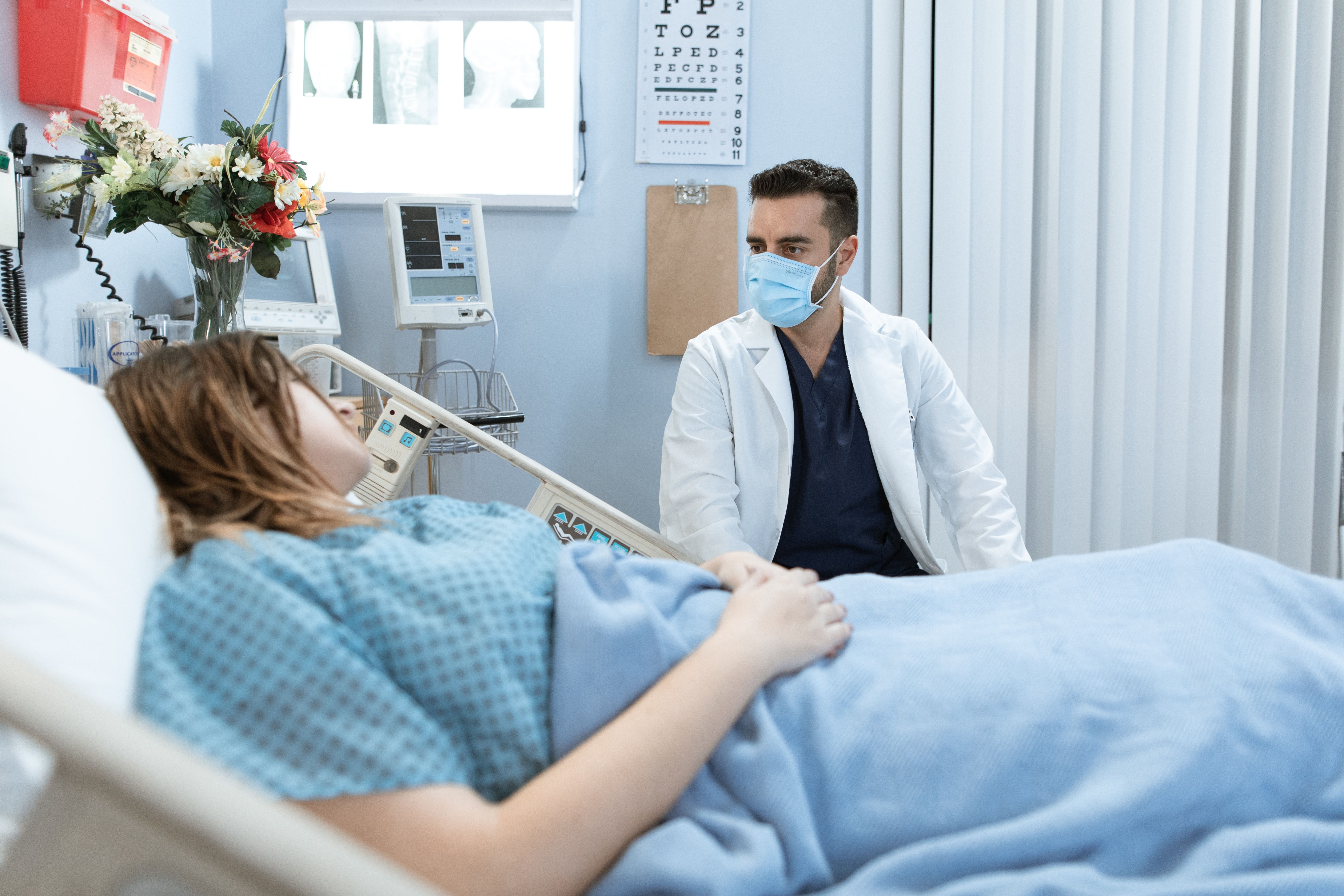Article
Not Much Disruption of Stool Banks for C Difficile Treatments in Recent Years
Author(s):
Fecal microbiota transplantation is known to cure up to 88% of patients with recurrent C difficile infections.

Stool banks were able to mostly withstand disruptions due to the COVID-19 pandemic to provide fecal microbiota transplantations (FMT) for patients with recurrent clostridium difficile infections (CDI).
A team, led by Bas Groenewegen, Department of Medical Microbiology, Leiden University Medical Center (LUMC), evaluated the strategy to effectively continue stool banking activities during the COVID-19 pandemic.
Stool Banks and FMT
Stool banks are utilized to provide what is needed for fecal microbiota transplantation, enabling highly selected healthy donors to optimized for donations.
However, because of the COVID-19 pandemic and the potential risk of SARS-CoV-2 transmission through FMT, many stool banks temporarily closed or adjusted donor activities.
Fecal microbiota transplantation is a relatively new treatment that involves taking feces from healthy donors to rebuild the gut microbiota of a diseased individual. FMT is delivered through upper or lower endoscopy via enemas or capsules.
In recent years, FMT has emerged as an effective treatment for recurrent C difficile infections, with cure rates of 82-88%. In fact, FMT has shown more efficacy than the antibiotics commonly used to treat the infections.
FMT is considered a top treatment for recurrent CDI with evidence suggesting human metabolic profiles could be influenced by the treatment.
Stool Banks and the Pandemic
Decision-makers implemented period SARS-CoV-2 screenings in donor feces and serum to restart stool banking activities. They also conducted frequent donor assessments for COVID-19-related symptoms.
In the study, the investigators used FMT donor and recipient data during the pandemic between March 2020 and August 2021 and compared it to data from 2016-2019 to assess stool banking efficacy.
Overall, 2 out of 10 donors developed COVID-19, with no differences found between the pre-pandemic and pandemic data in the number of approved feces donations (14 vs 22 per month; P = 0.06), FMT requests for rCDI (3.9 vs 4.3 per month; P = 0.6), rCDI patients eligible for FMT (80.6% vs 73.3%; P = 0.2), and rCDI cure rate (90.3% vs 89.2%; P = 0.9).
There was also no differences observed between the 2 time periods in CDI-free survival (P = 0.7), the number of non-rCDI patients treated with FMT (0.5 per month vs 0.4 per month), and the number of possibly FMT related adverse events (9.5% vs 7.8%; P = 0.7).
Also, a pair of FMTs for recurrent C difficile infections were delayed because of COVID-19.
“There is a continued need for FMT treatment of rCDI during the COVID-19 pandemic,” the authors wrote. “Appropriate donor screening and SARS-CoV-2 infection prevention measures can be implemented in existing protocols without increasing the burden for donors, and allow safe, effective and efficient FMT during the ongoing COVID-19 pandemic.”
Suggestions
The investigators also have some suggestions for how to avoid disruptions in services.
“Stool banks should evaluate their SARS-CoV-2 donor screening protocols for long-term sustainability and efficacy, and share their experiences to help the utilization, standardization and improvement of stool banks worldwide,” the authors wrote.
The study, “How to prepare stool banks for an appropriate response to the ongoing COVID-19 pandemic: Experiences in the Netherlands and a retrospective comparative cohort study for fecal microbiota transplantation,” was published online in PLOS One.





